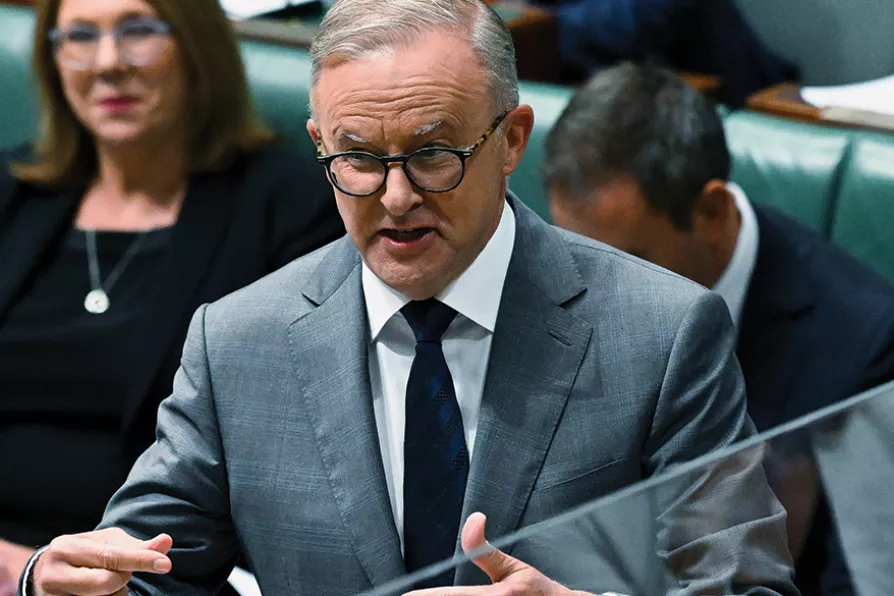The language of humiliation is a step towards a second civil war, argues RAMZY BAROUD

 AT LONG LAST: Australia Prime Minister Anthony Albanese addresses the Parliament in Canberra, as his government announces a new funding of £244 to improve the lives of Australia’s original inhabitants. ‘Closing the gap as a top priority for my government,’ Albanese said
AT LONG LAST: Australia Prime Minister Anthony Albanese addresses the Parliament in Canberra, as his government announces a new funding of £244 to improve the lives of Australia’s original inhabitants. ‘Closing the gap as a top priority for my government,’ Albanese said
PRIOR to the election of Labor’s Anthony Albanese in May 2022, the previous right-wing government under Scott Morrison had no interest in consulting workers and unions, and consequently, there was no balance.
That situation is now reversed, with the Albanese government recreating the tripartite bodies which used to be a hallmark of Australian government but which had been abolished under the Morrison and Liberal Party governments.
“Employer Organisations which enjoyed special access to Morrison and his government are bleating like distressed sheep,” says Andrew Dettmer the president of the Australian Manufacturing Workers Union (AMWU).

If the government really wanted to address public finances, improve living standards and begin economic recovery, it would increase its borrowing for investment, argues MICHAEL BURKE

It is only trade union power at work that will materially improve the lot of working people as a class but without sector-wide collective bargaining and a right to take sympathetic strike action, we are hamstrung in the fight to tilt back the balance of power, argues ADRIAN WEIR

TONY BURKE says an International Labour Conference next month will try for a new convention to protect often super-exploited workers providing services such as ride-hailing (taxis) such as Uber as well as fast food and package delivery











